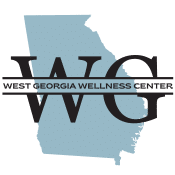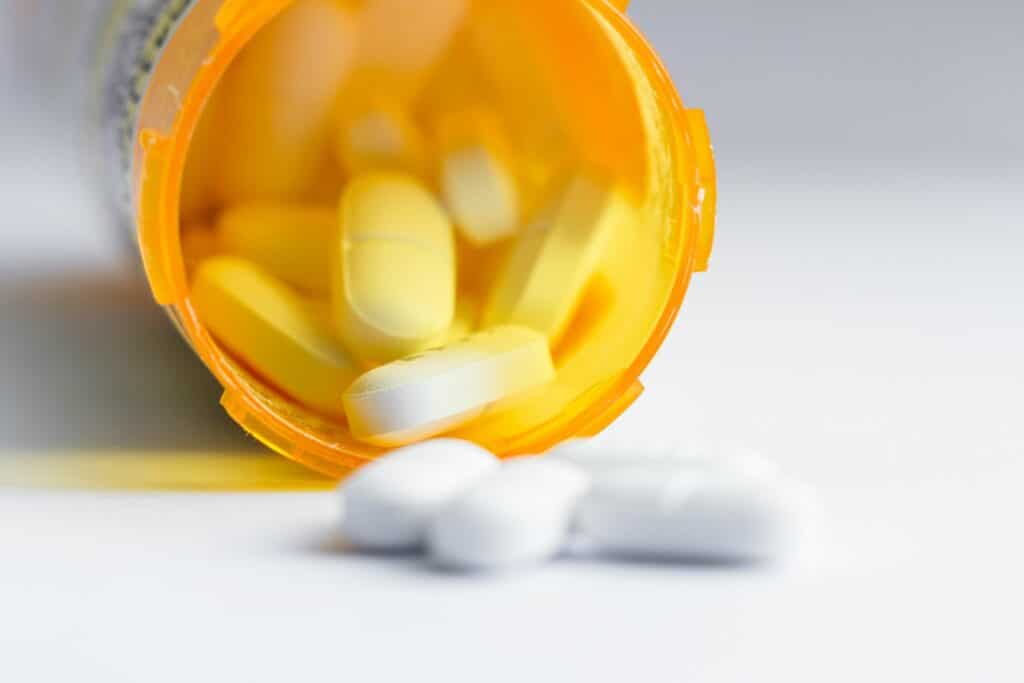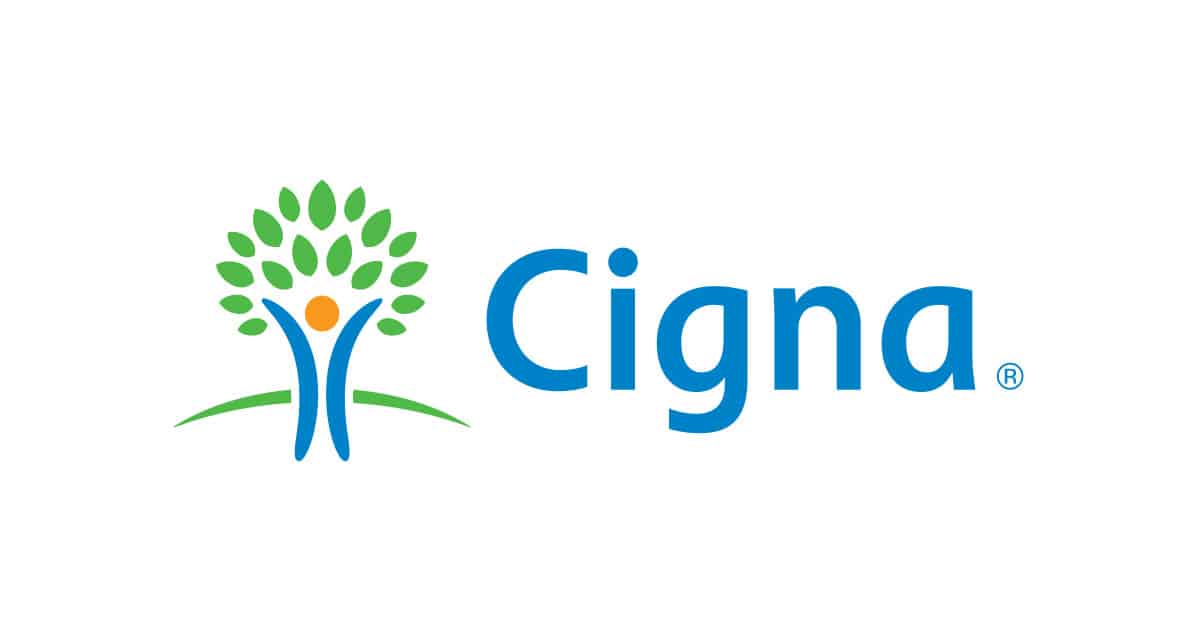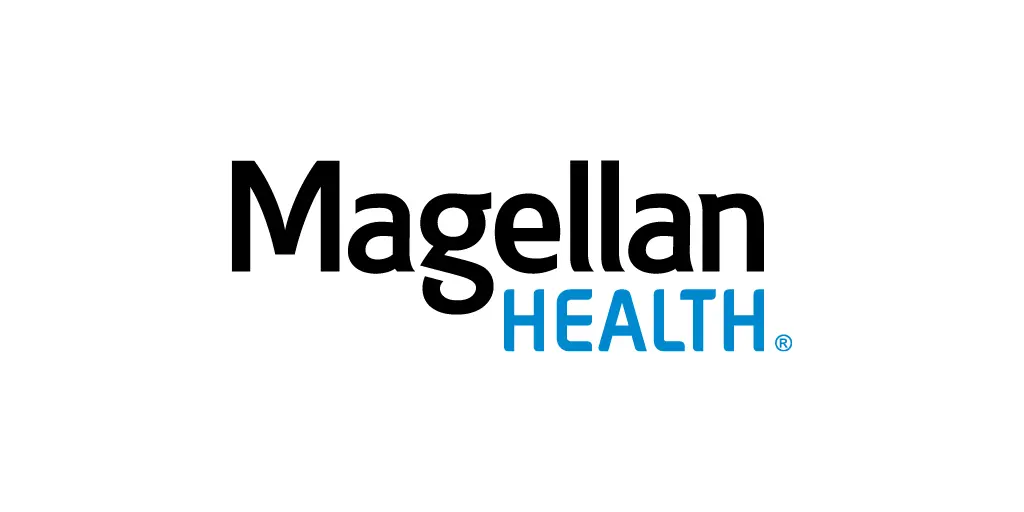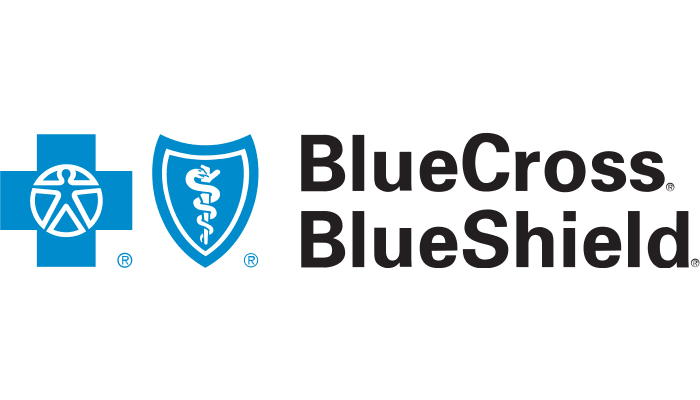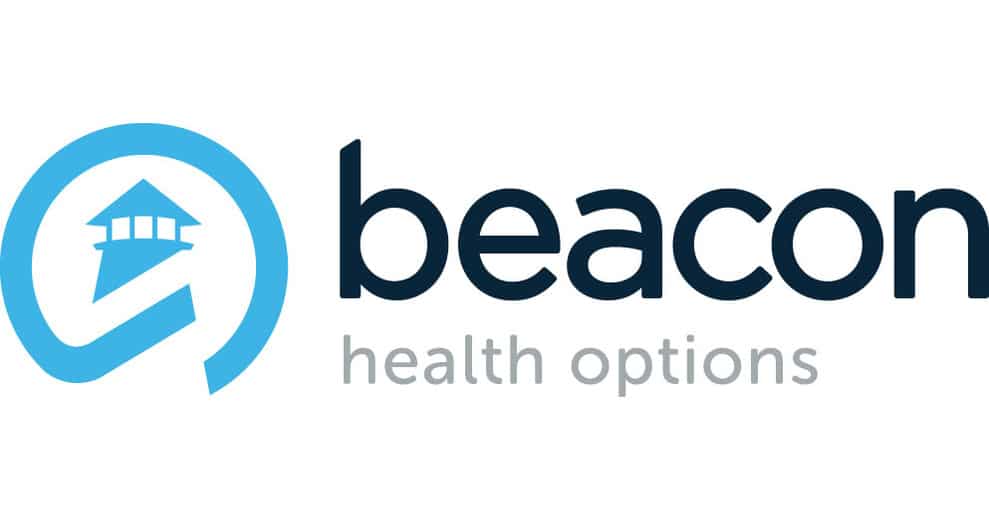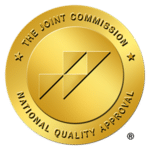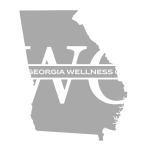Table of Contents
The opioid crisis has been gripping the United States for quite some time, and the recent COVID-19 pandemic has only intensified the issue, leading to a sharp rise in opioid overdose deaths. It’s vital to understand the risks associated with opioids and opiates, whether they’re being used as prescribed for chronic pain or not. In fact, statistics suggest that as many as 12% of individuals prescribed opioids for chronic pain may develop an addiction to these substances.
As a top opioid rehab in Atlanta, Georgia, West Georgia Wellness Center offers a lifeline to those battling with opioid addiction. Our facility is equipped with a range of evidence-based treatment options, and our dedicated team of addiction specialists is committed to guiding individuals through the journey to recovery.
Opioids, prescribed commonly for pain relief post-surgery, injury, or from chronic conditions, pose a high risk of addiction, even when used as directed by a doctor. The last decade has seen a dramatic increase in opioid prescriptions, which, in turn, has contributed to a significant opioid problem in Atlanta. At West Georgia Wellness Center, we provide comprehensive treatment for substance abuse and mental health issues, catering to adults in the Atlanta community.
What Are Opioids?
Opioids are a category of drugs that originate from the opium poppy plant. They are often prescribed by doctors to manage intense pain that might follow surgery or to alleviate the severe discomfort that can accompany cancer. However, opioids also encompass a range of substances that are illegally manufactured and distributed.
When opioids enter the body, they latch onto specific receptors in the brain. This binding action not only disrupts pain signals traveling to the rest of the body, thereby lessening the sensation of pain, but it also triggers the release of dopamine—a neurotransmitter associated with pleasure. This surge of dopamine can produce a state of euphoria, or intense joy. Unfortunately, this fleeting high can lead to a craving for more dopamine release, potentially setting off a cycle of misuse or even addiction as one seeks to replicate that euphoric experience.
While the term ‘opiates’ refers to the drugs derived directly from the opium plant, like heroin or morphine, ‘opioids’ is a broader term. It includes all compounds that function similarly, whether they are natural, completely synthesized (man-made), or semi-synthetic (modified from a natural source).
The opioid family includes a variety of drugs, such as:
- Prescription opioids, which encompass pain relievers like codeine, hydrocodone (commonly known by the brand name Vicodin), morphine, tramadol, roxicodone, and oxycodone (often known as OxyContin).
- Illicit opioids, such as heroin.
- Fentanyl, which is particularly potent and can be prescribed for pain but is also sometimes produced and sold through illegal channels.

What Leads to Opioid Abuse?
Opioid misuse has touched the lives of millions in America, and while the scale is vast, each individual’s journey into addiction is unique. A variety of circumstances can lead a person down the path of opioid abuse, and it often begins innocuously.
Common triggers for opioid misuse might include:
- Dealing with the aftermath of painful injuries, possibly from car accidents or other traumatic events.
- Battling against mental health challenges like anxiety, depression, or enduring high levels of stress and low self-esteem.
- Trying to find a way to manage ongoing pain from chronic conditions, and seeking that relief without feeling judged for using medication.
Understanding that opioid addiction can affect anyone is crucial. It’s not a reflection of character or a personal failing. At Footprints Beachside Recovery, we recognize the humanity and the struggle in each person’s story. We’re here to provide compassionate support and practical tools to help individuals reclaim their lives from the grips of opioid addiction.
What is opioid use disorder (OUD)?
Opioid Use Disorder, often abbreviated as OUD, is a medical condition characterized by a harmful pattern of opioid use that brings significant distress and interferes with one’s day-to-day activities. While some might use terms like “opioid dependence” or “opioid addiction” interchangeably with OUD, they each have distinct meanings. Dependence specifically refers to the physical symptoms of withdrawal that occur when the drug is not used. Addiction, on the other hand, is recognized as a chronic brain disorder marked by an overpowering urge to use drugs despite negative consequences. This complex condition goes beyond physical dependence and includes behavioral changes as well.
What is Opioid Addiction?
Opioid addiction, a form of substance use disorder (SUD), is a complex chronic condition that is comparable to illnesses such as diabetes, hypertension, or asthma in terms of its management and persistence over time.
Contrary to some misconceptions, addiction is not an issue of character, willpower, or personal strength. It does not discriminate and can affect individuals from any background or walk of life. The development of addiction is rooted in significant changes to brain structures and functions, leading to alterations in behavior and control over substance use.
Just as someone might start taking medications for a medical condition, individuals may begin using drugs either recreationally or as prescribed by a doctor for legitimate pain relief. However, in both scenarios, there is a risk that this use can escalate to dependency. This dependency can quickly turn into an addiction as the brain starts to adapt to the presence of the drug. The brain’s reward system is hijacked, leading to the compulsive seeking and using of drugs despite the awareness of increasingly harmful consequences.
This cycle of addiction begins subtly—often before an individual even realizes it’s happening. It’s a gradual process where the enjoyment of recreational drug use or the relief from pain medication can transition into a relentless need. This need is both physical and psychological, as the body starts to crave the substance to function normally and avoid withdrawal symptoms.
As the opioid addiction deepens, it becomes increasingly challenging for individuals to abstain without assistance. The power of addiction lies in its capacity to affect decision-making, foster intense cravings, and compel continued use, even when individuals consciously desire to stop.
Recognizing addiction as a disease is crucial in removing the stigma surrounding it and is the first step towards encouraging those affected to seek help. Effective treatment requires a comprehensive approach, often involving a combination of medication, therapy, lifestyle adjustments, and support networks, tailored to each individual’s unique situation.
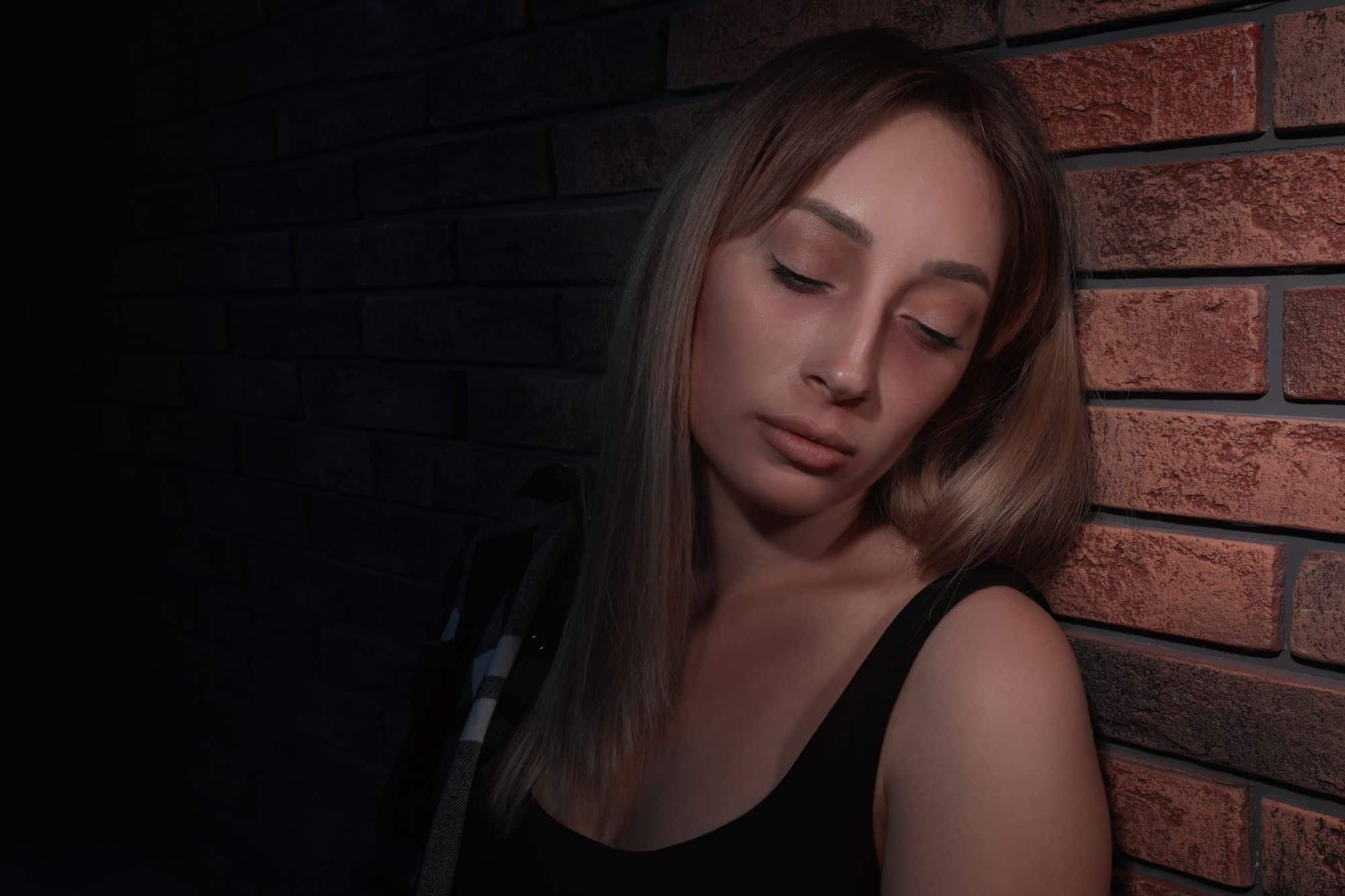
Signs of Opioid Addiction
Opioid addiction, also known as opioid use disorder (OUD), is a persistent health condition that has widespread effects on both the mind and body. It’s evident when a person is unable to reduce or stop using opioids despite the harmful impact on their life and the lives of those around them. Diagnosis of OUD requires the presence of at least two specific symptoms over the course of a year:
- Withdrawal from social or recreational activities due to opioid use.
- Needing more opioids to achieve the same effect, a sign of increased tolerance.
- Suffering withdrawal symptoms when not using opioids.
- Feeling a strong desire to use opioids.
- Failing to control or cut down opioid use, despite the desire to do so.
- Continuing opioid use despite it causing or escalating health, social, or personal problems.
- The inability to maintain routine home, school, or work responsibilities due to opioid use.
- Spending excessive time obtaining, using, or recovering from the effects of opioids.
- Using opioids in larger amounts or for a longer duration than intended or prescribed.
- Repeatedly using opioids in potentially hazardous situations, such as while driving.
- Persistent opioid use even when it’s clear it’s causing life disruptions or physical danger.
If you suspect someone is struggling with opioid addiction, watch for these additional signs:
- Changes in behavior or mood.
- Altered eating or sleeping patterns.
- Withdrawing from friends and family.
- Encountering legal difficulties.
- Neglecting personal hygiene.
- Poor performance or absenteeism at work or school.
- Frequently misplacing or running out of prescription opioids.
- Missing crucial engagements or appointments.
- Associating with a new peer group.
- The appearance of needle marks on the skin or wearing long sleeves to conceal them, regardless of the weather.
- Unexplained financial problems.
- Doctor or pharmacy shopping to secure multiple opioid prescriptions.
Each person’s journey with OUD can vary, but these signs provide a basis for when to seek help or advice from healthcare professionals.
What Are the Most Highly Abused Opioids?
Opioid addiction can involve a variety of substances, some of which are prescribed for pain relief while others are illegally distributed and used. The opioids that are most commonly misused include:
- Heroin: An illegal and highly addictive drug processed from morphine.
- Hydrocodone (commonly known by the brand name Norco): A prescription medication used for pain relief.
- Percocet: A painkiller that combines oxycodone with acetaminophen.
- Fentanyl: A powerful synthetic opioid that is similar to morphine but can be 50 to 100 times more potent.
- Morphine: A naturally occurring opioid used to treat severe pain.
- Roxicodone (often referred to as “Roxys”): A medication that contains oxycodone, used to treat moderate to severe pain.
These opioids carry a high risk of addiction and are often at the center of substance use disorders due to their potent effects on the brain and body.

Treatments for Opioid Addiction
Overcoming opioid addiction is a complex journey, as the drugs can cause lasting alterations in brain function and behavior. At West Georgia Wellness Center in Atlanta, GA, we offer a comprehensive approach to tackle this challenge. Our treatment programs are meticulously designed to equip individuals with a robust set of skills to prevent relapse and to confront any co-existing mental health conditions that often accompany addiction.
Here’s an overview of the treatment modalities available for those ready to embark on the path to recovery:
Drug Detoxification: Beginning with detoxification, individuals are provided with medically supervised support to navigate withdrawal symptoms that manifest when ceasing opioid use. We work closely with detox facilities that ensures a stable and as comfortable as possible withdrawal phase, prioritizing safety and well-being.
Residential Treatment: West Georgia Wellness Center specializes in residential substance abuse treatment, offering a supportive and structured environment where individuals receive around-the-clock care. The duration of stay in our residential program typically ranges from 3 to 6 weeks but is ultimately tailored to the specific needs and progress of each individual. This setting allows for an intensive, focused approach to recovery, featuring a blend of therapeutic sessions — both group and individual — as well as skill-building activities and, if necessary, medication-assisted treatment.
Outpatient Treatment: For those who need a more adaptable approach, our outpatient services enable individuals to stay connected with their daily lives while receiving treatment. Scheduled therapy sessions are conducted at our facilities, with the intensity and frequency designed to taper off as the individual gains strength and coping strategies, facilitating a successful and sustainable reintegration into their community and daily routines.
Choosing the right treatment path is a crucial decision, influenced by the severity of the addiction, potential dual diagnoses, the individual’s support network, and other personal factors. At West Georgia Wellness Center, we are dedicated to offering compassionate and effective care tailored to the needs of each person we serve. Our goal is steadfast: to guide each individual toward lasting recovery and a life of fulfillment, free from the grips of opioid dependency.
Can Medications Treat Opioid Addiction?
Yes, medications can play a key role in treating opioid addiction. The U.S. Food and Drug Administration (FDA) has approved a selection of medications specifically for this purpose. When these medications are paired with behavioral therapy, the approach is known as medication-assisted treatment (MAT). MAT can be an integral component of your treatment journey, starting from the detoxification phase and continuing through outpatient rehabilitation. The FDA-approved medications for helping to manage opioid addiction are:
- Methadone: This helps reduce cravings and withdrawal symptoms.
- Buprenorphine: It lowers the potential for misuse and diminishes the effects of physical dependency to opioids, such as withdrawal symptoms and cravings.
- Naltrexone: This blocks the euphoric and sedative effects of opioids and is non-addictive.
These medications, under proper medical supervision, can significantly improve the chances of successful recovery when combined with counseling and psychological support.

Our Evidence-Based Approach to Opioid Addiction Treatment
Our approach to opioid addiction rehab is rooted in a blend of proven, traditional treatments and holistic methods, fostering a healing journey for the whole person. We integrate key behavioral health principles to craft a comprehensive program tailored to our clients’ needs. The range of therapies and techniques available in our treatment plan includes:
- Personalized individual therapy sessions, where clients work closely with a therapist to navigate the complexities of addiction.
- Supportive group therapy, offering a community environment where individuals can share and grow together.
- Specialized trauma therapy to address and heal the wounds that may underlie substance use.
- Cognitive Behavioral Therapy (CBT) and Dialectical Behavior Therapy (DBT), which are structured to change negative thinking patterns and improve emotional regulation.
- Innovative Red Light Therapy and Neurofeedback Therapy, which are non-invasive methods to promote brain health and recovery.
- Biosound Therapy that combines biofeedback, music, and vibrations to help with stress and emotional management.
- Family therapy to involve loved ones in the healing process and mend interpersonal dynamics.
- A holistic therapy approach, encompassing practices that nurture both the mind and body.
- Medication-assisted treatment to safely manage withdrawal symptoms and cravings.
- Genetic testing to personalize treatment approaches based on individual biological factors.
- Psychiatry for comprehensive mental health care and medication management.
- Experiential therapy to encourage clients to re-engage with their surroundings and find joy in new experiences.
This multifaceted approach ensures that each aspect of an individual’s well-being is addressed, paving the way for a successful recovery. If you or your loved one is struggling with Opioid Addiction, our opioid rehab in Atlanta, GA is here to help. Call us today to being your opioid addiction treatment.
How Long is Opioid Rehab in Atlanta?
When considering the journey to recovery from opioid addiction, it’s important to understand that rehabilitation is not a one-size-fits-all process. At West Georgia Wellness Center, the duration of your stay in our opioid rehab program is tailored to align with your unique situation and clinical needs. Our programs start with a foundational 30-day treatment plan, recognizing that this is often the minimum time required to begin the healing process effectively.
We collaborate closely with each individual, their support network, and insurance providers to develop a personalized recovery plan. This approach ensures that the treatment length not only fits personal circumstances but also provides the best chance for a successful long-term recovery.
Recovery from addiction is a gradual and continuous process. It requires time and patience, as addiction itself is a chronic condition that develops over time. The healing process often extends well beyond the initial 30-day period, as sustained recovery involves deep learning and understanding of personal triggers, ongoing management of symptoms, and the implementation of robust strategies to prevent relapse.
Moreover, reintegrating into daily life post-rehab is a critical phase where newly acquired coping skills are put into practice. This phase is as important as the residential treatment itself and can often determine the long-term success of the recovery. The goal of extended treatment is to provide a solid foundation upon which individuals can build a balanced life, free from the constraints of addiction.
Our commitment at West Georgia Wellness Center is to support and guide each individual throughout their recovery journey, offering the necessary tools and resources to help them adjust, grow, and thrive in a life of sobriety.
Opioid Overdose Risks and Response
An opioid overdose can happen if too much of the drug is consumed or if it’s combined with other substances that enhance its potency, such as alcohol or sedatives. This risk is also present for individuals who have stopped using opioids for a period and then resume at their previous dosage, not realizing their tolerance has diminished.
Signs of an opioid overdose include:
- Labored or infrequent breathing
- A pale or bluish color to nails or lips
- Profound confusion or disorientation
- Seizures or convulsions
- Unusual drowsiness or trouble waking up
- Hallucinations or delirium
- Weakness or limpness in the muscles
- Cold, damp skin
- Nausea or vomiting
- Slowed respiratory rate
An opioid overdose is an immediate medical crisis. Without prompt treatment, it can lead to death. If you suspect someone is suffering from a potential opioid overdose, don’t hesitate and call 911 immediately!
Addressing an Opioid Overdose
If you suspect someone is experiencing an opioid overdose, immediate action can save their life. Administer naloxone (also known by the brand name Narcan) if it’s within reach, and call for emergency medical help right away. Recognizing and responding to the signs of opioid toxicity can make a critical difference—there are no legal repercussions for seeking medical assistance in these urgent situations. Your priority is to ensure the affected person receives the care they need.

Opioid Rehab Cost and Insurance Coverage
Understanding the expense of opioid rehab can be daunting, but the good news is that many rehab centers accept health insurance to ease the financial burden of treatment for opioid use disorders. The actual cost will vary based on your insurance plan, the treatment provider, and other individual factors. To get a clearer picture of how your insurance may help cover the full or partial cost of opioid rehab, don’t hesitate to give us a call today at 470-347-1705 or complete our insurance verification form. We’re here to help make your journey to recovery as accessible as possible.
Find Effective Opioid Addiction Treatment in Atlanta Now
At West Georgia Wellness Center, our mission is to guide you through your recovery from opioid addiction, paving the way to a more joyful and healthy life. Nestled in a serene setting, our rehab facility is designed to be a peaceful haven where healing and transformation can flourish. We invite you to call our opioid rehab at 470-347-1705 to discover more about the supportive programs available at our opioid rehab in Atlanta, GA. If you’re searching for “opioid addiction treatment near me,” you’ll find a compassionate team ready to assist you on your path to recovery right here at West Georgia Wellness Center.
Opioid Rehab Frequently Asked Questions
What are the Early Signs of Opioid Addiction?
Early signs include increased tolerance, withdrawal symptoms, and changes in behavior.
What are the First Steps in Opioid Addiction Treatment?
Opioid addiction treatment typically begins with medically supervised detoxification to manage withdrawal symptoms. Following detox, therapy and medication-assisted treatment (MAT) are crucial for addressing the psychological aspects of addiction and reducing cravings.
Can Opioid Addiction Cause Long-Term Health Issues?
Chronic opioid use can lead to gastrointestinal problems, respiratory depression, increased risk of infectious diseases, and cognitive impairments. Treatment focuses on these health issues alongside addiction management.
How Long Do Opioids Stay in Your System?
Opioids can be detected in urine for up to 3 days after use.
How Effective is Medication-Assisted Treatment (MAT) for Opioid Addiction?
MAT is highly effective for opioid addiction, reducing the risk of overdose and relapse. Medications like methadone, buprenorphine, and naltrexone, combined with counseling and behavioral therapies, provide a comprehensive approach to treatment.
What Role Does Counseling Play in Opioid Addiction Treatment?
Counseling is vital in opioid addiction treatment, addressing behavioral patterns, emotional issues, and strategies for coping with stress and triggers. It’s an integral part of the recovery process, often combined with medication-assisted treatment.
How Long Does Opioid Rehab Last?
The duration varies based on individual needs, ranging from several months to years. Long-term treatment and support are often necessary for sustained recovery.
What are the Common Withdrawal Symptoms of Opioid Withdrawal?
Withdrawal symptoms include nausea, muscle aches, agitation, insomnia, and anxiety. Treatment programs focus on managing these symptoms through medical supervision and support.
How Does Opioid Rehab Address Mental Health Issues?
Treatment often involves managing co-occurring mental health disorders like depression and anxiety through therapy, medication, and support groups, recognizing the interconnectedness of mental health and addiction recovery.
